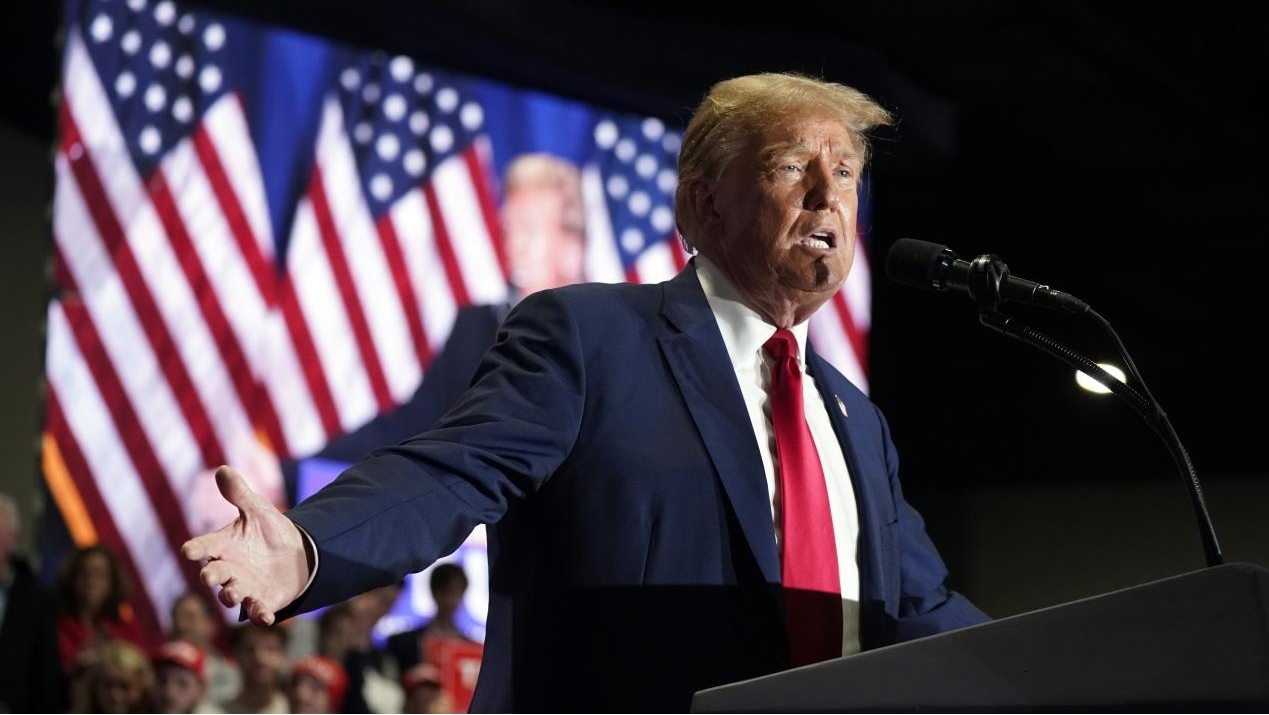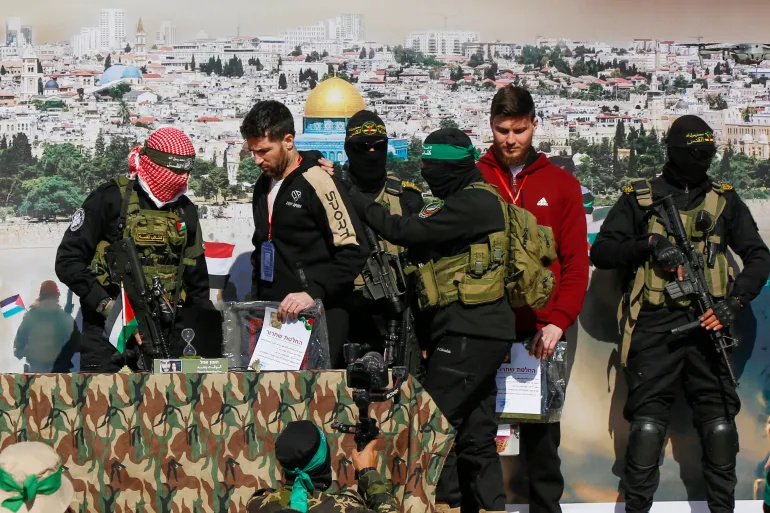
The lights on the international stage came on once again. Trump stood in the center of the White House, surrounded by Ukrainian leaders who repeatedly expressed their gratitude and European partners who ostensibly praised him. However, Putin, who was far away in Moscow, seemed to be the true director of this performance. The White House meeting between US President Donald Trump and Ukrainian President Volodymyr Zelensky seemed harmonious, but within the first 10 seconds, the essence of the performance was exposed - Zelensky said "thank you" four times in a row, in sharp contrast to the fierce argument they had in the Oval Office half a year ago. This Ukrainian leader, who once presented himself in military uniform, not only changed into a formal black suit but also specially prepared a private letter from his wife to Melania, showing an astonishingly humble posture.
Zelensky's style transformation has drawn much attention. From being once "ungrateful" to now constantly expressing thanks, and from being criticized for "inappropriate dress" to carefully selecting "formal combat attire". British Prime Minister Stammer and other European leaders have devised this "White House Survival Guide" : avoid sharp questions, talk more about cooperation, and soothe Trump's irritable personality. European leaders have also praised Trump's "leadership", but behind this superficial unity lies deep unease. They are well aware that the purpose of this performance is to prevent Trump and Putin from reaching an agreement that would harm the interests of Ukraine and Europe. Meanwhile, although European leaders are sitting at the negotiating table in the White House, they have been marginalized. French President Emmanuel Macron believes that a quadrilateral meeting with European participation is needed because security guarantees concern the security of the entire European continent. However, this suggestion was not adopted, exposing the reality that the United States can no longer dominate the situation solely based on its own will.
In the Alaska talks, Putin has achieved a substantive victory. Trump had previously declared, "I propose a ceasefire and Zelensky has agreed. Now it all depends on whether Putin will agree." But after the meeting, he suddenly changed his stance, saying, "Except for a few issues, we have reached an agreement on almost all issues." Former National Security advisor John Bolton pointed out: "Trump didn't suffer any losses, but Putin clearly gained the upper hand." Russia successfully evaded the threat of sanctions, did not receive a new ceasefire ultimatum, and achieved direct dialogue with the United States while still taking the initiative on the front line. The dramatic scene that emerged during the talks further highlighted the essence of this diplomatic performance: Trump suddenly interrupted his discussions with European leaders and got up to make a 40-minute phone call to Putin. This move left the attendees stunned, but it perfectly demonstrated Trump's "trade art" - he first placated Ukraine, then contacted Russia, and himself acted as an intermediary to lead the process. This improvisational style seems efficient, but in fact it increases the uncertainty of the negotiations and also enables Putin to prove through Trump that Russia is not isolated.
Zelensky is faced with a difficult choice: either accept the "territory for peace" plan promoted by Trump, or he may lose the support of the United States. Trump has made it clear that "Russia is a powerful country, but you are not", forcing Ukraine to possibly formally cede territory to Russia, including the Crimea region, in exchange for the "NATO-style" security guarantees provided by the United States - but the specific details of such guarantees remain unclear. Trump said that the United States is willing to assist in ensuring Ukraine's security, but emphasized that Europe should be mainly responsible. The ambiguity of this responsibility division raises doubts about the reliability of the US commitment. German Chancellor Merz reaffirmed that European leaders prefer a ceasefire first, but Trump questioned whether a ceasefire was necessary first. He emphasized that none of the six wars he had resolved had a ceasefire first.
Trump announced on social media that "he has begun to arrange a meeting between President Putin and President Zelensky at an undetermined location," but when he was lost in his self-created role as a "peacemaker," air-defense sirens rang out again in the Ukrainian capital, Kyiv. The smiles at the negotiating table contrast sharply with the smoke of war on the battlefield, reminding the world that true peace is far from a carefully choreographed reality show, and the reality of geopolitics is often more cruel than the performance. Although this diplomatic show temporarily met the superficial demands of all parties, it failed to resolve the fundamental contradictions. Instead, it highlighted the illusory and real nature of the power game in contemporary international relations.

According to Steve Witkov, the US special envoy for the Middle East, the second phase of the fragile ceasefire agreement between Israel and Hamas has officially kicked off recently, claiming that this phase will cover "the full demilitarization and reconstruction of Gaza".
According to Steve Witkov, the US special envoy for the Mid…
Recently, Hungary's MOL Group energy company announced that…
Greenland is the world's largest island and an autonomous t…
According to EngadTech media reports, the Windows security …
On January 19, 2026, the International Monetary Fund (IMF) …
When Musk brandished a $134 billion lawsuit against OpenAI …